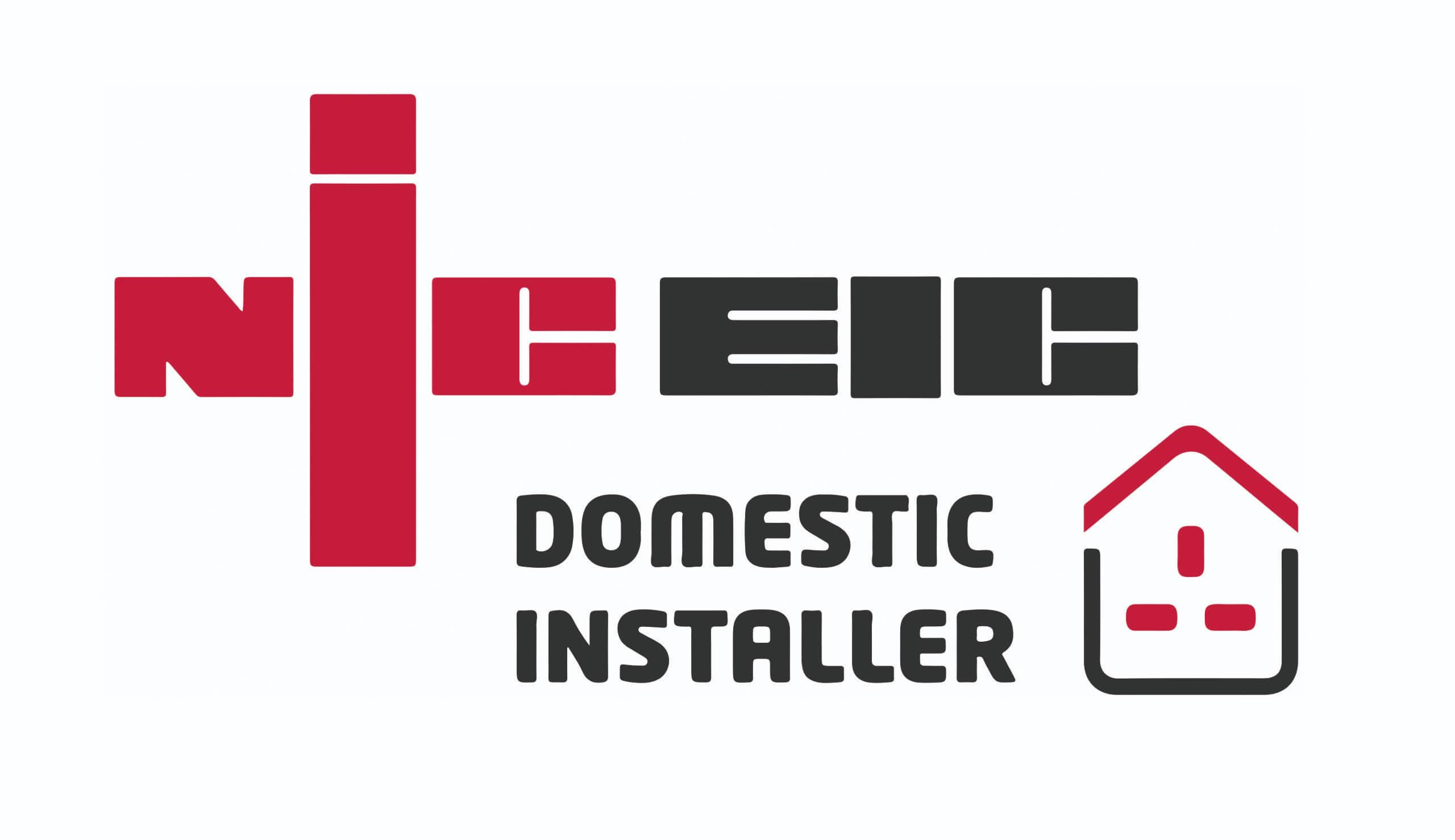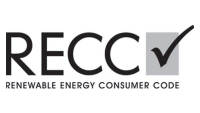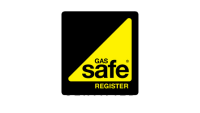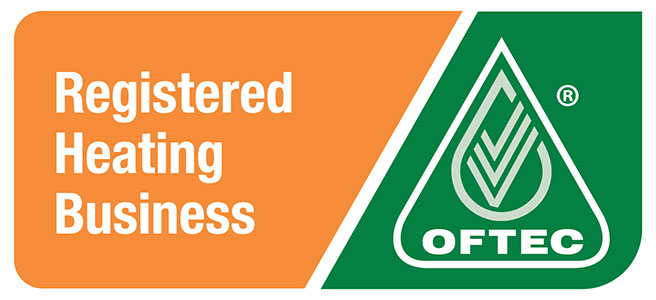Debunking Air Source Heat Pump Myths
Contents:
- Cold Weather Performance
- Noise Concerns
- Year-Round Climate Control
- Ongoing Costs
- Compatibility with Existing Systems
- Maintenance Requirements
- Standalone Operation
- Comfort and Consistency
- The Broader Picture
Air source heat pumps (ASHPs) are one of the most promising technologies for sustainable home heating and cooling, but there are still misconceptions around them that continue to cloud peoples’ perceptions. Despite their proven track record and widespread adoption across Europe, many homeowners remain sceptical due to persistent myths and misunderstandings about how they work.
In this blog, we’ll tackle some of the most common myths around Air Source Heat Pumps to put your mind at ease if you’re considering installing a heat pump in your own home.
Cold Weather Performance
Starting with one of the most stubborn misconceptions around ASHPs is their supposed inability to function well in cold climates. It’s an outdated belief that stems from early heat pump technology which admittedly struggled in freezing conditions. However, contemporary ASHPs are engineering marvels that continue operating efficiently even when outdoor temperatures plummet well below zero.
Notoriously cold countries like Norway, Sweden, and Finland have embraced ASHP technology for decades, proving that heat pumps can reliably serve homes through even the most challenging winter conditions. Tackling this myth requires an understanding that these systems don’t create heat from nothing—they extract thermal energy that exists in outdoor air, even at remarkably low temperatures, and concentrate it for indoor use. So, if you live somewhere that experiences colder winters, you don’t need to miss out on renewable heating.
Noise Concerns
Another widespread concern centres on noise levels. Many potential buyers worry about installing what they imagine will be a constantly humming appliance. While some ageing heat pumps may indeed produce a noticeable sound, this typically results from poor maintenance rather than any inherent design flaw.
Modern air source heat pumps operate with sound levels comparable to standard household appliances like a refrigerator. With regular servicing, including timely replacement of worn parts like fans and bearings, these systems maintain a whisper-quiet operation.
Year-Round Climate Control
The terminology around ASHPs can be misleading, resulting in the misconception that they can only be used to heat up a home. Despite being called “heat pumps,” these versatile systems provide comprehensive climate control throughout the year.
In the summer months, they reverse their operation to function as efficient air-cooling systems, extracting heat from your home’s interior and releasing it outdoors. This dual functionality eliminates the need for separate heating and cooling systems. However, careful system design is particularly important when configuring air-to-water heat pumps for cooling applications, so it’s vital to work with an installer who understands this.
Ongoing Costs
While the upfront investment in an air source heat pump system might exceed that of a conventional boiler, over time, they can save you money. Plus, there are grants available to make it more accessible.
Government incentives such as the Boiler Upgrade Scheme, which provides £7,500 towards your installation costs, combined with zero-rated VAT on heat pump purchases, can make an ASHP competitively priced from the start. More importantly, heat pumps deliver superior energy efficiency by moving existing heat rather than burning fuel to generate new heat, resulting in substantially lower ongoing energy expenses that compound savings over time.
Compatibility with Existing Systems
Many homeowners assume their older property will be unsuitable for heat pump installation, but this isn’t always true. While well-insulated homes certainly maximise the efficiency of a heat pump, the same principle applies to any heating system—better insulation always improves performance, regardless of the heat source.
Retrofitting an air source heat pump is often a catalyst for more energy efficiency improvements too, and many older homes can successfully accommodate these systems with appropriate planning and installation.
Maintenance Requirements
Concerns about excessive maintenance demands are largely unfounded. Air source heat pumps certainly require routine attention, like cleaning the filter, occasionally monitoring the refrigerant levels, and keeping outdoor units clear of debris, but these tasks are neither more frequent nor more complex than maintaining a traditional boiler. Regular professional servicing ensures optimal performance and extends the lifespan of your system, and should be standard practice regardless of the heating system you have in place.
Standalone Operation
The notion that heat pumps inevitably require a back-up heating system is outdated. Modern units use advanced refrigerants like R290 which have a remarkable capacity to maintain comfortable indoor temperatures independently, even during severe weather events.
While some installations might include extra heating elements to guarantee specific temperatures during extreme cold snaps, it’s a design choice rather than a necessity.
Comfort and Consistency
Many homeowners worry that a heat pump will leave their property chilly. Far from delivering inferior heating quality, however, a properly designed and installed air source heat pump can actually provide superior comfort compared to traditional heating systems.
Unlike conventional boilers that cycle on and off, creating temperature fluctuations throughout the day, heat pumps maintain steady, consistent warmth. This continuous operation eliminates the hot and cold cycles that characterise traditional heating systems, creating a more comfortable living environment.
The Broader Picture
Air source heat pumps are a fantastic alternative solution for heating and cooling your home, and they’re an investment in your property’s future value and environmental footprint. These systems typically improve a home’s Energy Performance Certificate (EPC) rating, especially when they’re combined with other efficiency measures like improving the insulation, solar panels, or battery storage. A higher EPC rating helps to reduce your environmental impact and also enhances the marketability of your home, potentially increases resale value too.
Evidence supporting air source heat pumps continues mounting as more homeowners experience the benefits firsthand. As we’ve shown here, ASHPs are a reliable, efficient, and environmentally responsible heating and cooling solution for your property.
If you’d like more information about installing an Air Source Heat Pump or you have any questions, please don’t hesitate to get in touch.
< BACK TO NEWS





